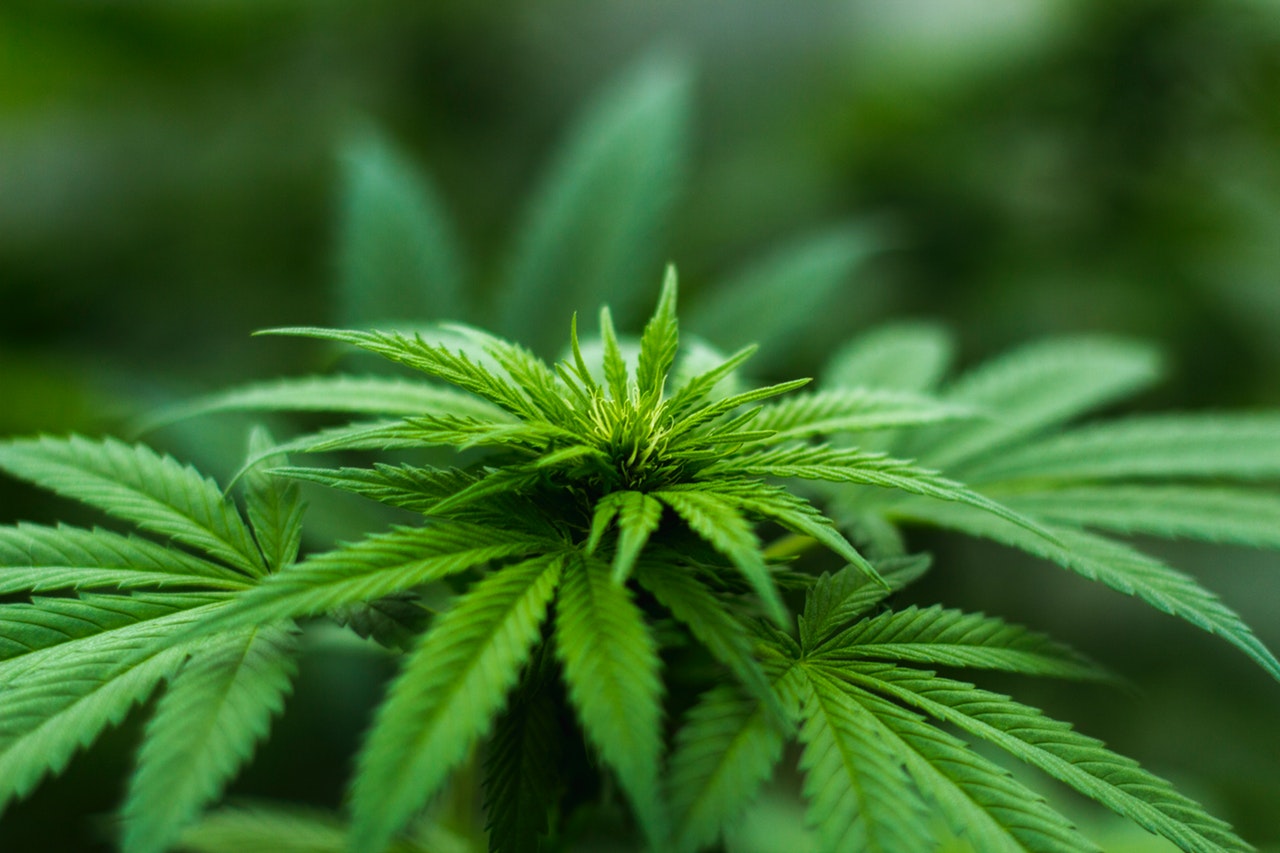
In some ways, marijuana is the simplest thing imaginable. It’s just a plant: An all-natural, ancient plant that has been used by human beings for thousands upon thousands of years.
In other ways, though, marijuana is quite complicated. It has a long and confusing legal history in the United States and beyond. It has health benefits that are still being discovered, yet is sometimes lumped in with tobacco products and e-cigarette use by media outlets and even the Center for Disease Control (CDC).
Marijuana is currently legal in Washington State, the state of Colorado, and nine other states; but that’s not the whole story on marijuana legality, either. Here’s the real deal on marijuana, legality, and your health.
Is Marijuana Legal?
First things first: Is marijuana legal? Well, that depends on where you are. If you’re in the state of Colorado or one of the other ten states with legal marijuana, then the answer is yes—mostly.
States with legal marijuana still make it illegal for young people under 21 to smoke marijuana recreationally (laws regarding medical marijuana are different). Criminal charges for marijuana use are still possible, particularly in cases of DUI and other dangerous misuses; Colorado law, like the law in other legal-weed states, takes this infraction seriously. Those charged with such a crime should seek legal services from a criminal defense attorney (some criminal defense attorneys specialize in marijuana-related cases).
An aspiring marijuana business owner can get started in Colorado with the help of Colorado marijuana lawyers. But those lawyers will advise their client on the complex status of marijuana law, which frequently splits along federal and state lines. As far as Colorado institutions like the Colorado Supreme Court are concerned, marijuana is legal. As far as federal (nationwide) institutions like the CDC, the Food and Drug Administration (FDA), and the federal Supreme Court are concerned, marijuana remains illegal.
Barring a rule change, federal law will remain in disagreement with state law. This creates many legal issues, but the de facto result tends to be that federal law enforcement stays hands-off within states that have legalized marijuana. If you take your Colorado marijuana to Rhode Island, though, watch out: Cross-state lines, and you’ll be looking for legal representation as you face federal criminal charges (you should only get legal advice from an attorney who is familiar with your case).
With all of that said, it is perfectly legal for adults who are of age to enjoy marijuana in a responsible manner within states where recreational use is legal. Marijuana can also be prescribed by a health care provider in places where medical marijuana laws allow health care providers to do so.
Is Marijuana Healthy?
Marijuana may be legal, but is it safe? By and large, the answer is yes; in fact, marijuana is even actively good for people in some ways. But a few caveats are in order.
First, the good news: While traditional tobacco products are remarkably unhealthy and even new tobacco vaping products are being viewed warily by health experts, marijuana is, by and large, quite safe. Overdosing on marijuana is effectively impossible. Lung damage and lung diseases associated with tobacco products have generally not been proven to be connected with marijuana use.
However, this is far from ironclad. It’s tough to connect cases of lung illness to marijuana alone; most cases of lung illness involve multiple risk factors, and, thanks to federal laws, long-term studies involving marijuana haven’t always been easy to perform. Proven or not, experts are unlikely to recommend that people light anything on fire and inhale the smoke, no matter how safe the substance may seem. The American Lung Association is among the expert groups that believe lung damage from marijuana smoking is possible.
There are alternatives to smoking, though. Edibles bypass the smoke and any potential lung damage. Vaping products create a “vapor” rather than smoke and may be easier on the lungs. With that said, vaping products are relatively new, and some cases of vaping illness and vaping-related lung damage have been reported.
Lung injury cases are rare but rising, and e-cigarette products have not gotten much praise from groups like the CDC, which remains skeptical. Injuries and symptoms like lung damage and chest pain are largely the results of accidents (such as exploding vape pens) rather than any vaping-related illnesses, though it’s unclear if any medical conditions are associated with vaping.
Counterfeit products may be a large part of the problem, so vapers are advised to buy brand-name products from trusted dispensaries and retail outfits. THC cartridges have been singled out by some experts, though those THC cartridges may have been counterfeits rather than brand-name offerings.
There may not be a “best way” to consume marijuana, but the drug itself is extremely safe. Taken as a whole, the possible causes of vaping injuries suggest that brand-name products may be safe. Smoking marijuana is not exactly healthy, but it’s unlikely to be unhealthy on the same scale as tobacco smoking. And edibles (when purchased sealed from legal retailers) remain the safest of all.